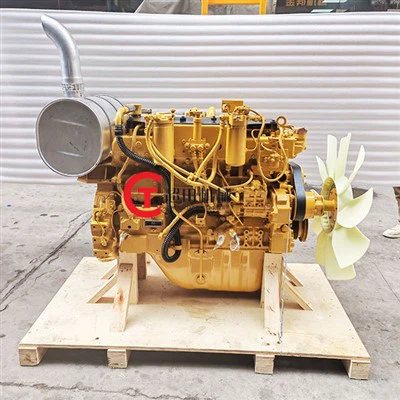Superchargers are primarily made of aluminum alloy, titanium alloy, and stainless steel. Aluminum alloy is widely used for its excellent thermal conductivity and low density; titanium alloy is favored for its high strength and excellent corrosion resistance; and stainless steel is the preferred material for superchargers due to its excellent corrosion resistance and high-temperature stability.
Superchargers, as key components for boosting gas pressure, play an important role in various applications, including engines and jet aircraft. Their performance and stability depend largely on the material used. So, what materials are used for superchargers?
1. Aluminum Alloy Material
Aluminum alloy is currently one of the most widely used materials for supercharger housings. This is primarily due to its excellent thermal conductivity and low density. Aluminum alloy superchargers can effectively reduce thermal resistance, improve thermal efficiency, and reduce overall weight, thereby improving equipment efficiency. Furthermore, aluminum alloy has excellent processability and is easy to form and manufacture. However, aluminum alloy's relatively poor wear resistance limits its use in high-temperature environments.
2. Titanium Alloy Material
Titanium alloy is known for its high strength and excellent corrosion resistance. In supercharger manufacturing, titanium alloy ensures stable housing performance under high-temperature and high-pressure environments, effectively resisting environmental corrosion. This makes titanium alloy superchargers particularly suitable for high-performance and demanding applications. However, titanium alloy is relatively expensive and difficult to process, requiring higher costs and labor.
3. Stainless Steel
Stainless steel is another common supercharger material. It is favored for its excellent corrosion resistance and high-temperature stability. Stainless steel superchargers can operate stably for long periods of time in harsh operating environments, reducing maintenance and replacement frequency. Stainless steel also offers excellent mechanical properties and processability. However, its high density makes the supercharger relatively heavy and expensive.






